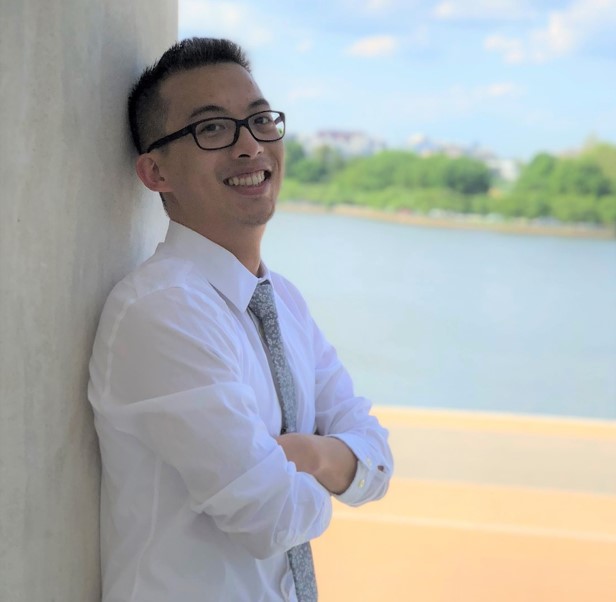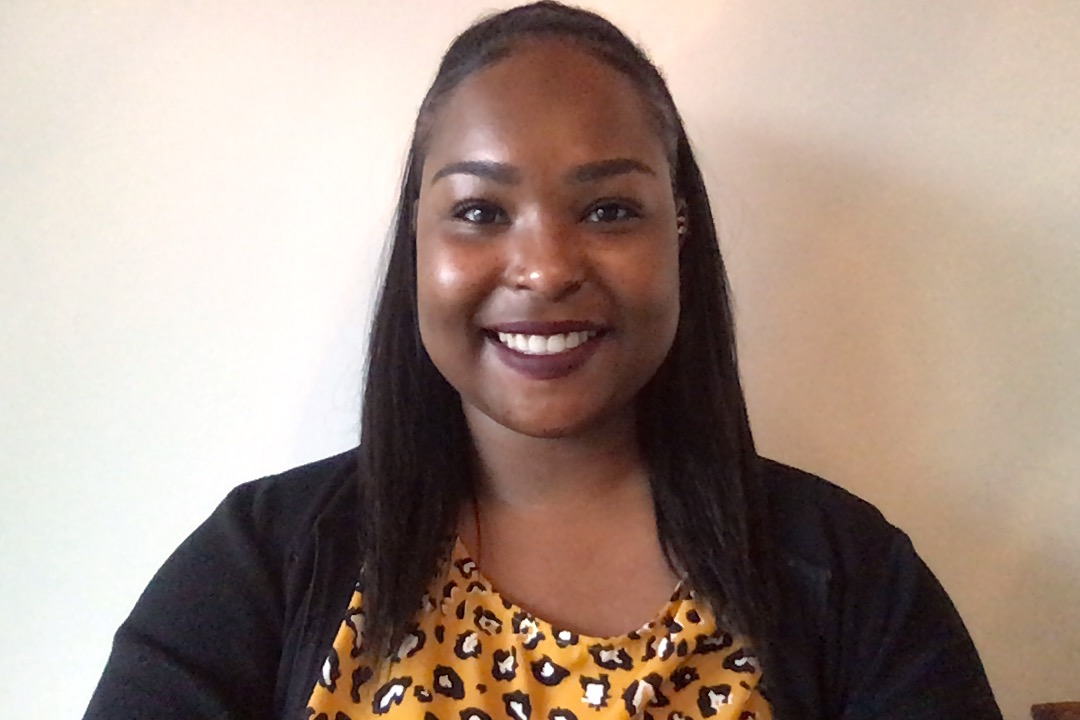Campbell’s Clinical Research Program implemented a revised Master of Science in Clinical Research (MSCR) curriculum in May 2020.
The curriculum revisions began two years ago under the leadership of Dr. Melissa Holland, vice chair of Curriculum and Education Development and associate professor, in an effort to better meet the growing workforce demands in clinical research, as well as to serve the program’s diverse population of students and meet their respective interests.
The 100% online MSCR program has grown significantly and is representative of teamwork at multiple levels including the full participation of the Department of Clinical Research full-time faculty and staff. Dr. Charles Carter, interim chair and associate professor of Clinical Research, shared that the program added seven new adjunct faculty members to the Campbell family to work alongside full-time faculty. These dedicated professionals are collectively meeting the educational demands of the larger classes. Carter commented, “adjunct faculty are valuable because they are instructors who work in the clinical research industry, provide true subject matter expertise, and offer students a unique perspective to the dynamics of the profession. This model is simultaneously optimizing the educational experience of the larger entering cohort while ensuring the outstanding reputation that has become symbolic of Campbell.”

As the program has grown, so has student diversity. This is a very important component of the student experience. The 37 students in the 2020 MSCR cohort vary in age, level of education, race, ethnicity, and cultural backgrounds. They hail from ten states, six countries and represent a variety of careers such as nursing, exercise science, emergency medicine technician, lab supervisor, pharmacy technician, pharmacist, and quality assurance.
California native Dr. Frank Chen was looking for a clinical research program that was online and would allow a work/study relationship. Chen chose Campbell University’s MSCR Program based on the curriculum, as well as, the faculty and staff.
Chen graduated from University of California, Davis, with a bachelor’s in Biochemistry. Upon graduation, he worked as a pharmacy technician for approximately a year before deciding to pursue a career as a pharmacist. He attended Howard University where he completed his PharmD. Chen has rotated through regulatory board, hospital, and retail settings. He is currently serving as a retail pharmacist at several independent pharmacies.
When asked what he hopes to gain from this program, Chen remarked, “I’m looking to build a foundation of knowledge and experience in the clinical research field that will allow me to transition from a retail pharmacist into clinical research positions in the future, specifically drug safety/pharmacovigilance.”
LaRoz’ Leggett currently resides in Baltimore, Maryland. She knew Campbell was the right fit after meeting and speaking to faculty and other students. Not only did the MSCR program align with her academic and career goals, but the warm welcome she felt upon admission and during the beginning of the program helped reassure her that she had made the best decision.

Leggett received her bachelor’s in Psychology with a minor in Chemistry at Towson University. During her junior year, she did an independent study on rodent models focusing primarily on neurodegenerative and neuropsychological diseases. After graduating she became a clinical research coordinator at Johns Hopkins University in their department of cardiology. Leggett currently works at a biopharmaceutical company as a clinical research coordinator conducting early Phase I/first in human clinical trials.
Leggett shared that the MSCR program has aligned perfectly with the field of clinical research. “Everything I learn in class I have either experienced or seen while working in the field. I hope to gain a deeper understanding of all operations of clinical research in order to truly know where I fit in the field. This program has only continued to fuel my passion for research, and I’m excited to see where it takes me,” Leggett said. Once she finishes the MSCR program, she plans to go to Physician Assistant (PA) school and become an investigator with a focus in Psychiatry and Clinical Psychological services. She would like to obtain her PhD in Neuropsychology.
Lindsey Davis hails from Randleman, North Carolina. Davis shared, “I chose Campbell because of the hometown feel it gave me when I toured for undergrad. Everyone I met was friendly and willing to help in any way they could.” Davis chose to continue her education at Campbell and pursue a dual degree in MSCR and PharmD. As a dual degree student, she enjoys the unique collaboration between the clinical research and pharmacy programs.

Davis currently works at both CVS and PulmonIx. She is a pharmacy technician at CVS, which allows her to gain experience on the pharmacy side of her career. She is also a research assistant at PulmonIx, a clinical research site in Greensboro, NC. As a research assistant, she has helped with COVID-19 trials, conducted research visits, learned how to consent subjects, completed lab processing, and applied her clinical research knowledge to real-world scenarios.
Davis hopes the dual degree program (PharmD/MSCR) will allow her to serve as a clinical research pharmacist. She has a passion for getting medications on the market, while also interacting with patients. She shared, “I believe there is a lot still unknown in the field of clinical research and that is what interests me most about this field. I am excited for what the future holds for the clinical research field.”
Campbell focuses initiatives and coursework on the importance of diversity and interprofessional education. Serving diverse populations and maintaining diversity in the workplace begins with diversity in the classroom. Graduates are prepared for leadership positions in pharmaceutical and biotechnology industries, government agencies, medical institutions, academic institutions and hospitals. Within these professions, graduates are qualified to work in many positions. Below are just a few.
- clinical investigators
- clinical research associates (in-house or remote)
- clinical research coordinators
- data research coordinators
- project support
- project managers
- data managers
- safety specialists
- regulatory managers
Carter concluded, “Companies are looking for candidates. Our MSCR program prepares you to fill the need in a growing profession.”

